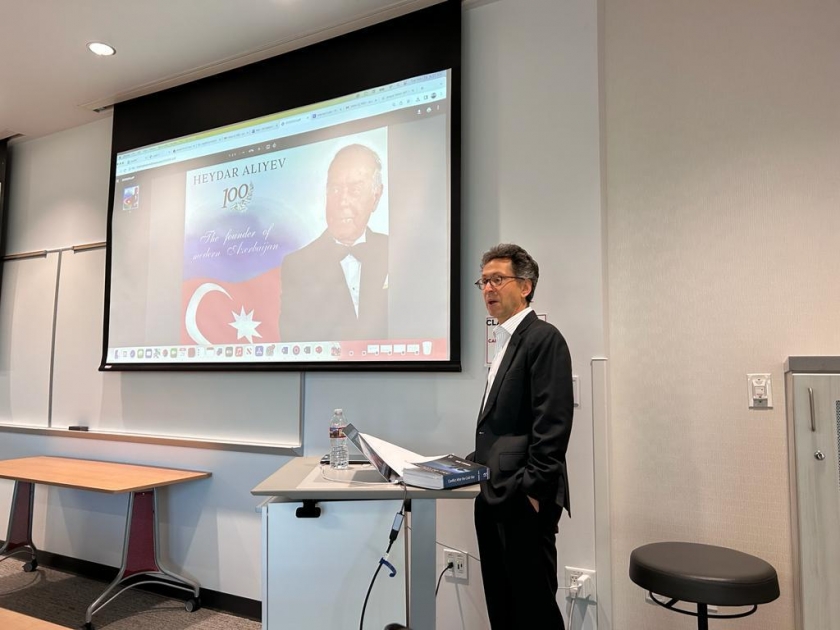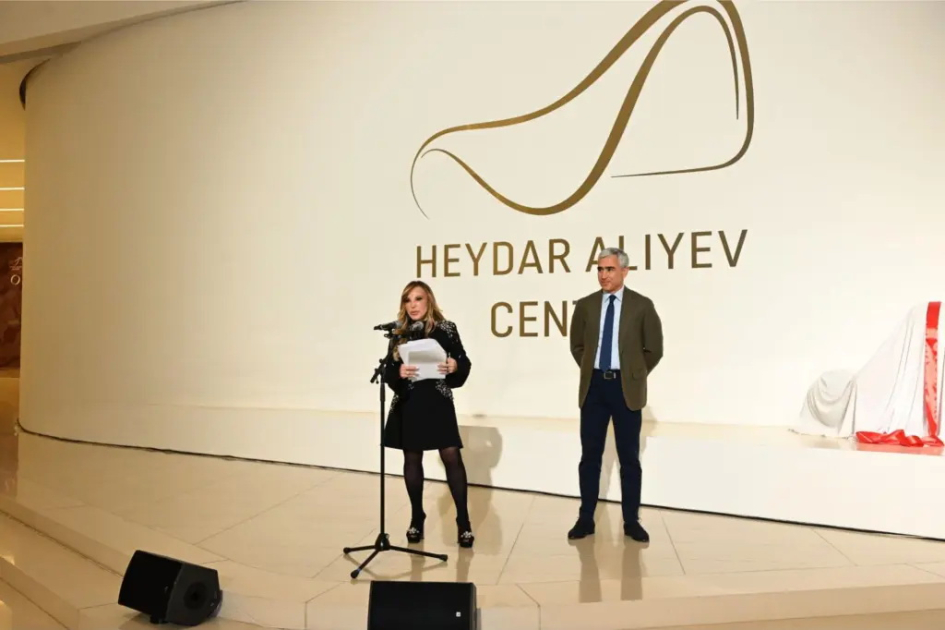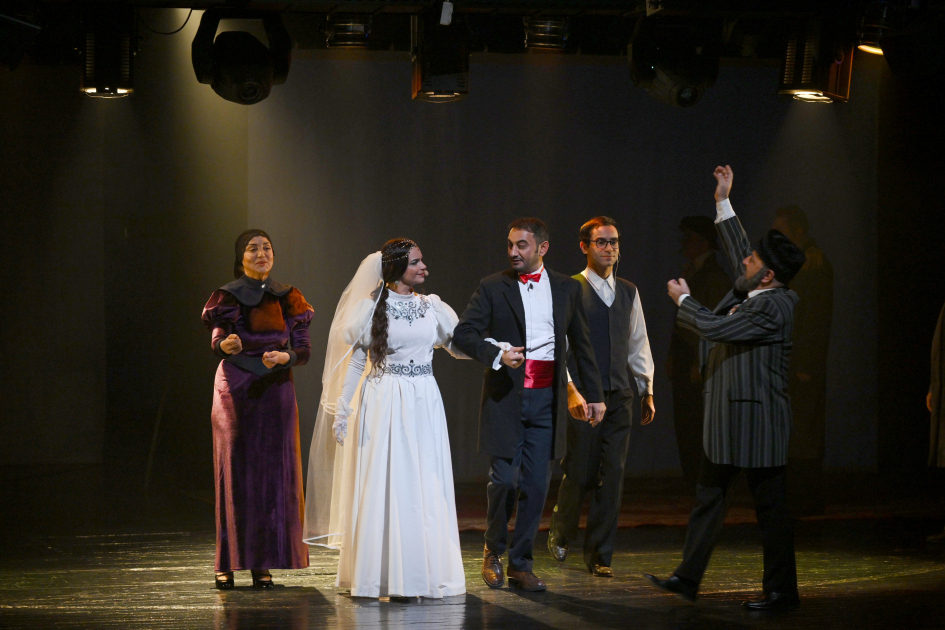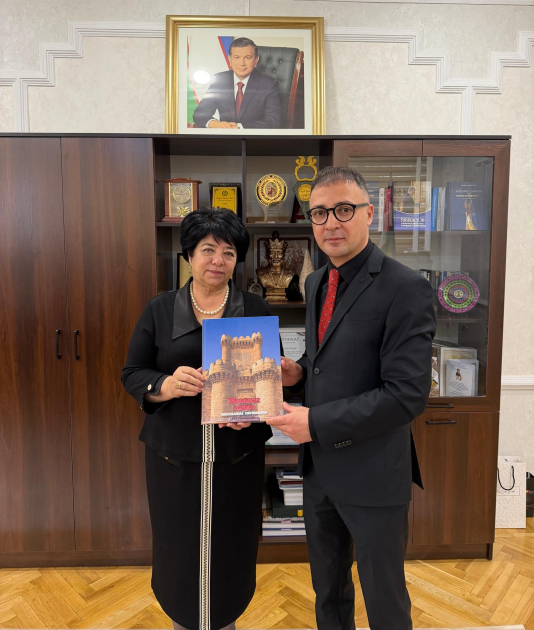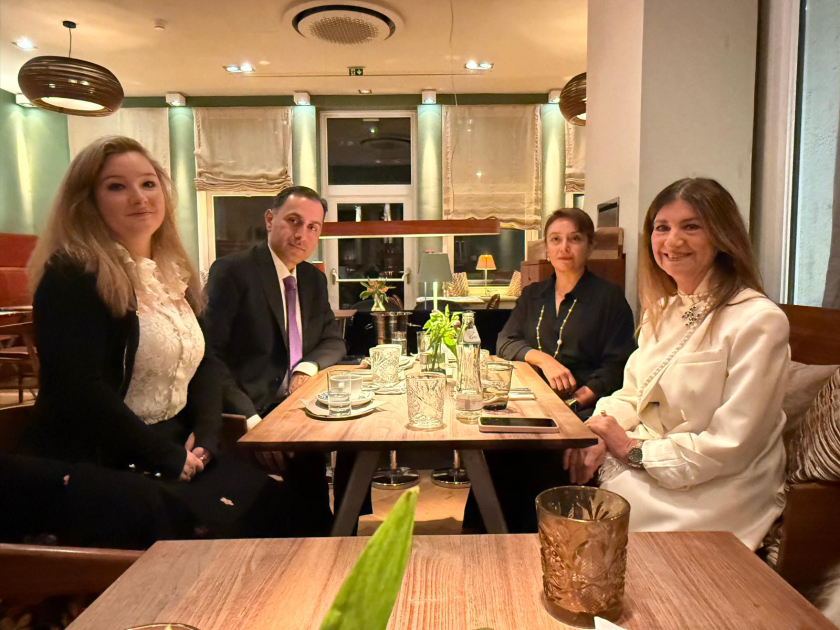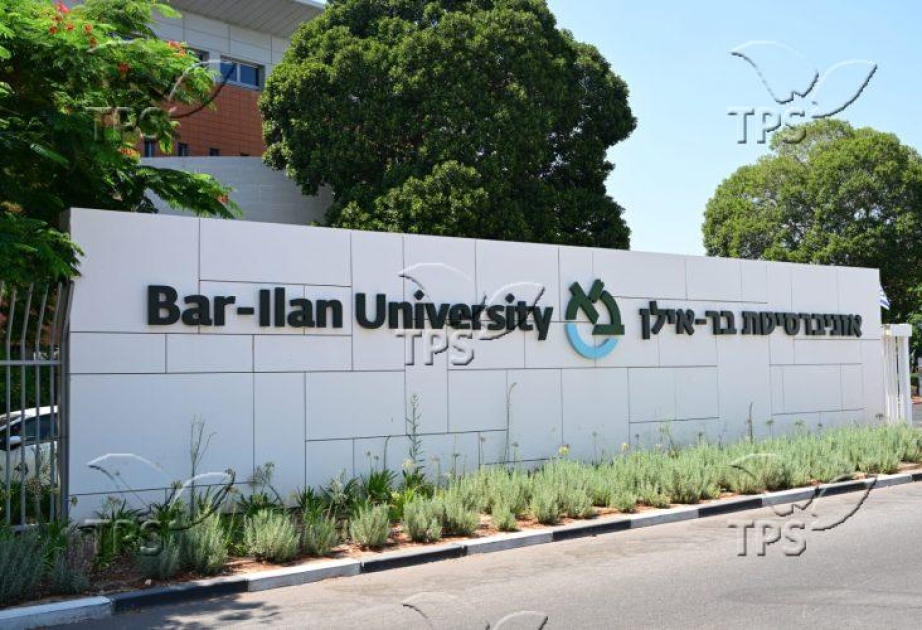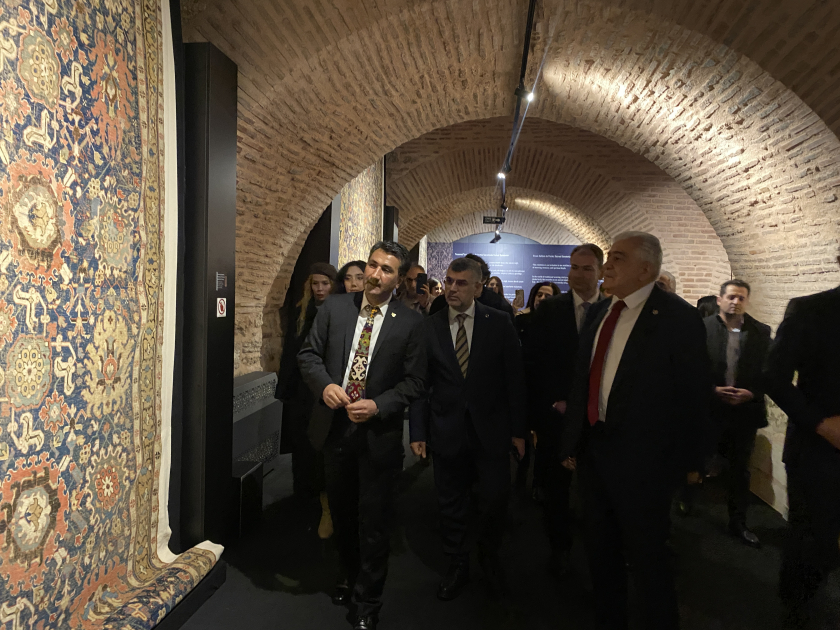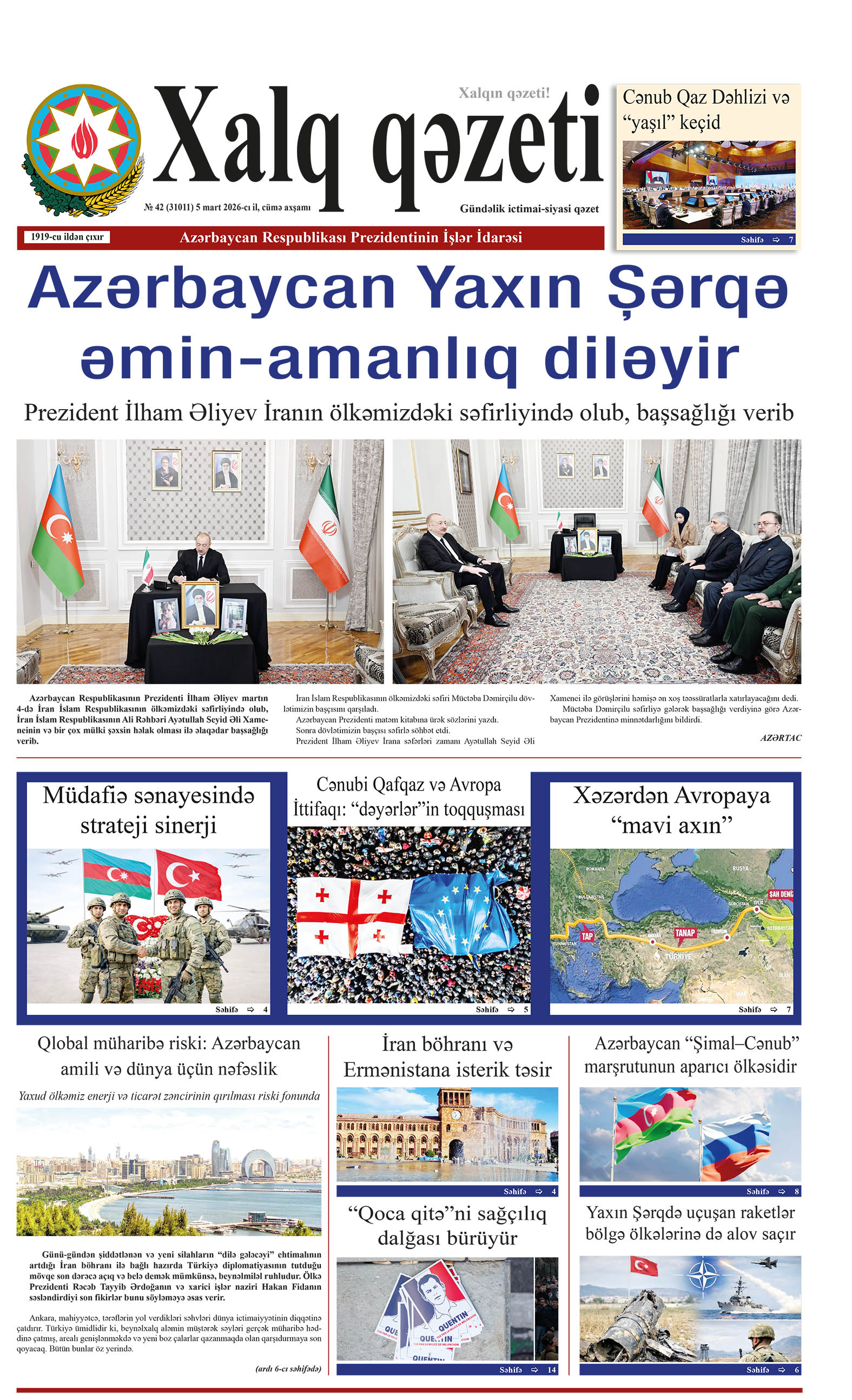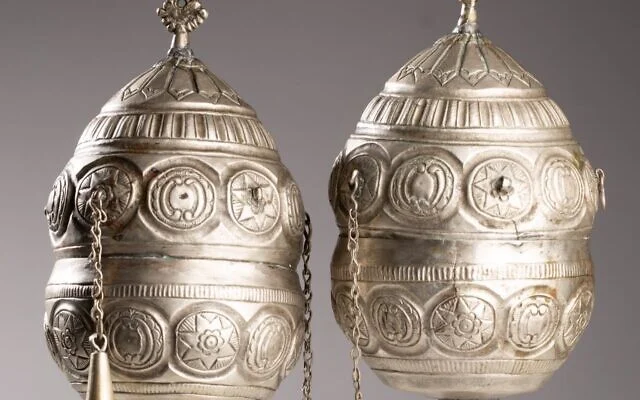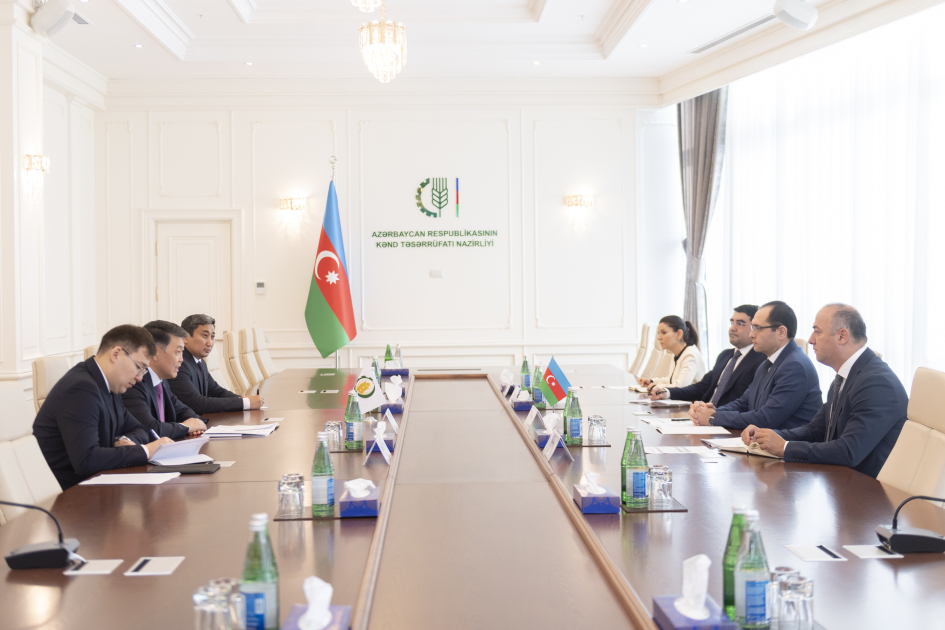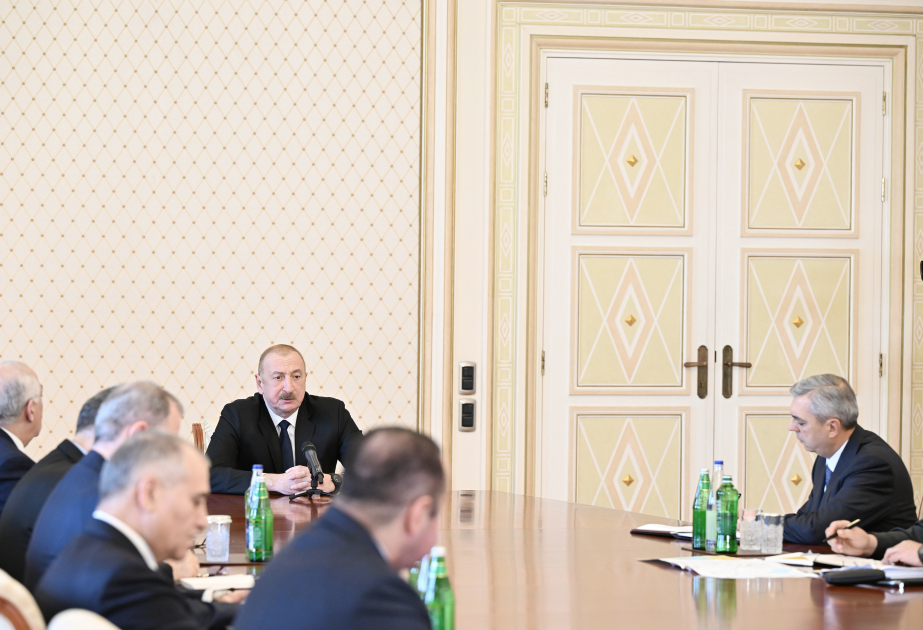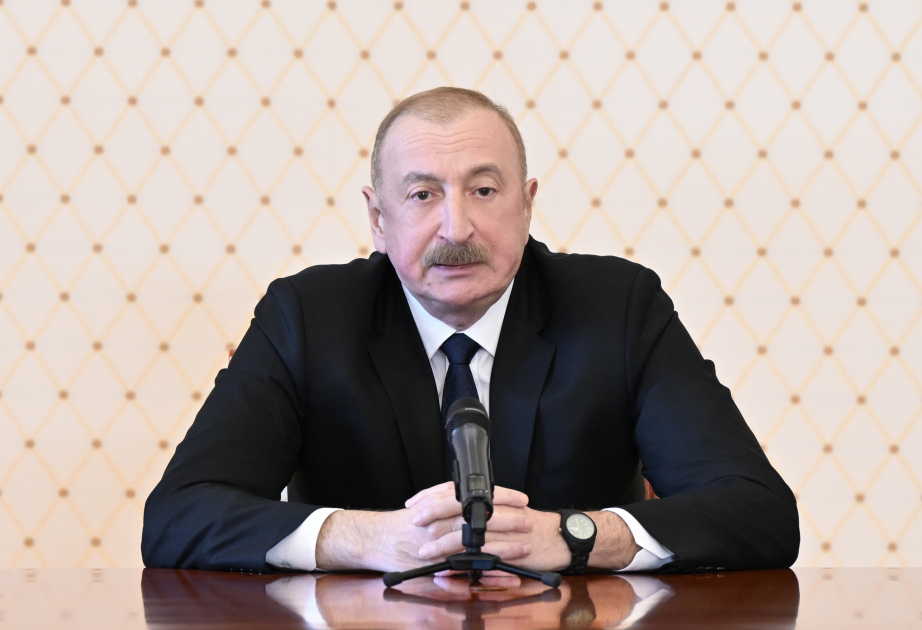The Azerbaijan State News Agency
AZERBAIJAN DEMOCRATIC REPUBLIC - 100
Historical legacy of Heydar Aliyev discussed at University of Utah
The Turkish Studies Project at the University of Utah organized a day workshop to examine the historical legacy of Heydar Aliyev. Consul General of the Republic of Azerbaijan Ramil Gurbanov gave a lecture on “the political legacy of Heydar Aliyev and the New Vision of Azerbaijan.”
The workshop started with the opening remarks of Professor M. Hakan Yavuz, the director of the Turkish Studies Project of the University of Utah. Professor Yavuz indicated that he is in the process of collecting and preparing for publication an edited volume of academic articles focusing on the life, ideas, and legacies of Heydar Aliyev and his impact on the state and nation-building. The papers presented at the workshop indicated that the most consequential decade (1993 to 2003) in the history of Azerbaijan was the period of Heydar Aliyev. President Heydar Aliyev established the foundations of the Second Republic by creating, defining, and redefining concepts and ideals that were to lead Azerbaijan to claim its place and the future in a new geopolitical reality of the 21stcentury. The key developments include, but are not limited to, the following elements on which Azerbaijan has been built:
1. The institutional foundations for the new state of Azerbaijan.
2. Formulation, formation, and adaptation of the national identity.
3. Re-conceptualization of the Azerbaijani state as a new geopolitical entity.
4. Emergence of national security with its immediate goal to liberate territories occupied by Armenia as the result of the First War (1988-1994) over Karabakh.
Professor Michael Gunter insisted that none of the above achievements would have been possible without Heydar Aliyev, a great patriot and the de facto architect of the modern second Azerbaijani Republic. Professor Gunter’s presentation examined Aliyev’s identity, ideology, and his political skills to set up and structure fundamental principles leading the state and its nation to the future.
The scholar presented a number of papers and they concluded that Heydar Aliyev is the main architect and founder of the Second Republic. Professor M. Hakan Yavuz argued that Aliyev was able to pull the state and nation together after the disastrous First War over Karabakh (1988-1994) resulting in Azerbaijan’s loss of 20% of its territory (including Karabakh) to Armenia. Professor Yavuz argued that Aliyev was not only a state-builder but also a nation-builder as well. Aliyev was able to unify his country and revive the ideals and hopes of Azerbaijanis for the state they all believed in. By examining the institution in Azerbaijan in light of the 1993 Constitution, Yavuz argued that it focused on 5 major legacies of Aliyev. In his presentation, Professor Yavuz, who published two books on the Karabakh history and the conflict between Azerbaijan and Armenia, offered the historical contexts that compelled Aliyev to carry forward his certain idea of what Azerbaijan should become in its formative years as the Second Republic of Azerbaijan. Professor Yavuz analyzed the process of state and nation-building under the leadership of Aliyev. Yavuz’s presentation focused on five major legacies of Aliyev:
(1) establishing law and order by eliminating rogue elements within the security establishment; (2) drafting a new constitution to enhance the power of the president at the expense of the legislative branch and establishing new institutions; (3) providing a relatively durable ceasefire, not a peace, with Armenia by freezing the conflict; (4) attracting international investment to extract Azerbaijani oil/gas and carry over Türkiye to the international market; and (5) pursuing non-confrontational and good neighborly relations with surrounding countries.
Yavuz concluded his talk with a quote from Heydar Aliyev. Heydar Aliyev told Süleyman Demirel, then president of Türkiye, after the defeat in the First Karabakh War: “Yes, we lost the battle but I am sure this defeat will lead to the rebirth of a powerful Azerbaijan since time and justice are on our side and we will win.”
Professor Steven Lobell of the University of Utah examined the two diametrically different opinion after the collapse of the Soviet Union. Professor Lobell argued that Samuel Huntington’s The Clash of Civilization and Francis Fukuyama’s The End of History theses had very positive view. They both concluded that the wars over ideologies were over. Huntington predicted more conflict between civilizations and he stressed the civilizational border. In fact, Huntington regarded Russia, Türkiye and Mexico as “torn-countries” and not very stable. Fukuyama predicted the triumph of liberalism and the end of ideological conflict. They both ignored the power of nationalism. The third thesis Professor Lobell examined was John Mearsheimer’s argument. According to Mearsheimer “we would all miss the Cold War stability.” Mearsheimer had a much pessimistic view of human nature and very much worried about the collapse of the bi-polar system. Lobell treated the Caucasus as a civilization Faultline and argued that Heydar Aliyev had much prudent and pragmatic foreign policy. He focused to consolidate the state power. In the end, his project prevailed and Azerbaijan freed its territories and became the most stable state in the Caucasus.
Professor Marjorie Castle examined the Soviet and communist legacies in the different states. She concluded that the previous socio-political legacies played a more important role than the Soviet legacies in the current independent states. She compared the Baltic and the Caucasus and concluded that nationalism, especially the irredentist nationalist movement which had roots in the 19th centuryplayed a destructive role in the Caucasus than the post-Soviet legacies. Professor Castle concluded that Azerbaijan, as well as Armenia itself, paid a heavy price because of the irredentist and radical Armenian nationalism.
The second panel specifically focused on the identity, ideology, and policies of Heydar Aliyev.
Dr. Michael M. Gunter of Tennessee Tech University presented a paper entitled “Political Leadership: Understanding Heydar Aliyev Through Insights from Charles de Gaulle and Abraham Lincoln.” Professor Gunter compared Aliyev to Charles de Gaulle and Abraham Lincoln. He said “When we compare Heydar Aliyev to Charles de Gaulle and Abraham Lincoln—although the Azerbaijani leader came from a much smaller country—he holds up rather well. All three were brilliant politicians, Aliyev perhaps in one respect even more so because he rose to the near top and then the very pinnacle in two diametrically different political systems, first the communist Soviet Union and then the newly rebirthed nationalist Azerbaijan. All three retired in apparent failure, only to return in even greater guise to literally save their nation from destruction. Like de Gaulle during World War II and again in 1958 when the Fourth Republic was collapsing, and Lincoln almost a century earlier during the U.S. civil war from 1861-1865, Heydar Aliyev has come to be viewed as his country’s honored savior.”
Professor Ali Askerov’s paper, entitled “Heydar Aliyev and the Evolution of Azerbaijan’s Oil Policies,” examined Heydar Aliyev’s exceptional role in shaping Azerbaijan's history, particularly during the challenging period of the 1990s when the nation faced territorial invasions and a significant portion of its population became internally displaced. Faced with the need to preserve independence, counter Armenian aggression, and avoid reliance on Russia, Azerbaijan sought financial resources. However, lacking developed industries and profitable agriculture, Azerbaijan's primary avenue was to revitalize the oil sector and export oil to Western markets. Despite Russia's opposition to this move, Aliyev's strategic policies successfully navigated these obstacles, opening avenues for Azerbaijan's oil exports. This not only safeguarded the country's independence but also facilitated economic diversification, military development, state-building, and ultimately, victory in the conflicts of the 2020s.
Dr. Michael B. Bishku: The Legacy of Heydar Aliyev and Azerbaijan’s Multi-Vector Foreign Policy: The Case of the Middle East. He argued that “while Azerbaijan’s neighbors in the South Caucasus have tilted towards one political bloc or the other – Georgia, towards the Western powers and Armenia, towards Russia – Azerbaijan since the presidency of Heydar Aliyev has not been attached towards either bloc, though it has actively interacted diplomatically with both. His administration laid the groundwork for Azerbaijan’s membership in the Non-Aligned Movement in 2011.” Professor Bishku argued that the most successful foreign policy in the Caucasus has been the foreign policy of Azerbaijan. He said “as for the Middle East, all the countries in the South Caucasus have sought beneficial relations with the states in that region with mixed results. Yet Azerbaijan has been more successful. It has more embassies in Middle Eastern countries and more representation from those states in Baku than other countries in the South Caucasus. During Heydar Aliyev’s presidency, Azerbaijan joined the Organization of Islamic Cooperation in 1992 – despite being a secular state – and expanded relations with Israel developing close ties with that state as well as Turkey, despite the ups and downs in bilateral relations between Israel and Turkey.” Although relations with Iran have been rocky at times both countries value those ties and cooperate despite periodic disagreements. The transport and/or sale and development of oil and natural gas resources plays a part in relations with the countries of the Middle East in addition to historical and cultural connections as well as security concerns. Heydar Aliyev’s actions regarding these matters and the legacy that he left will be discussed.
The workshop reached its conclusion with a compelling speech delivered by Azerbaijani Consul General Ramil Gurbanov. Addressing an audience of over 100 students and faculty members, Mr. Gurbanov expounded on the leadership and political philosophy of Heydar Aliyev. Beginning with an analysis of the socio-economic conditions in Azerbaijan, he emphasized the transformative impact of the First Karabakh War, which had brought the nation to the brink of a failed state. According to Gurbanov, Heydar Aliyev played a pivotal role in preventing this collapse, laying the groundwork for the modern, secular, and Western-oriented Republic of Azerbaijan.
Gurbanov meticulously illustrated the economic trajectory of Azerbaijan during Heydar Aliyev's presidency, spanning from 1993 to 2003. He contended that Aliyev's visionary leadership was instrumental in establishing the pillars of a successful state. This included a commitment to centralization, the formation of a robust military, and the implementation of the rule of law. Drawing parallels between the economic data at the beginning and end of Aliyev's tenure, Gurbanov underscored the enduring impact of Aliyev's strategic initiatives


